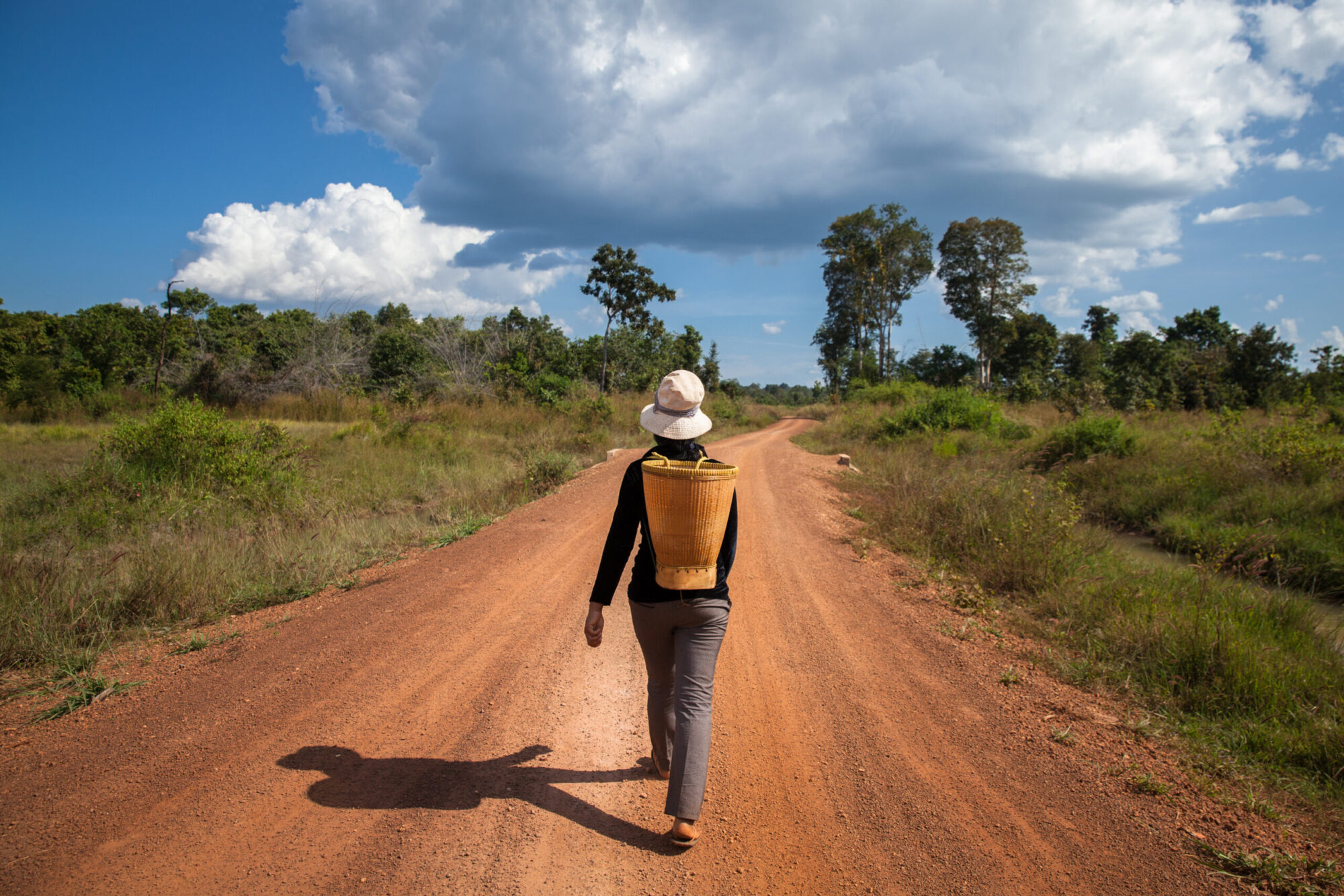About the Project
The Australia-Cambodia Cooperation for Equitable Sustainable Services-Phase 2 (ACCESS 2) Program, funded by DFAT and managed by Abt Associates enables CARE to continue addressing GBV and inclusion of persons with disabilities in Indigenous communities. The Strengthening Inclusive Services for Indigenous People (SISIP) project aims to increase the voice and participation of GBV survivors and persons with disabilities, strengthening subnational GBV and disability service provision, and ensuring policies respond to their needs. CARE program adopts a twin-track approach to strengthen disability inclusion and aligns with the RESPECT framework outlining seven relevant strategic interventions including relationship skills strengthening, empowerment of women, services ensured, poverty reduced, environments made safe, child and adolescent abuse prevented, transformed attitudes, beliefs, and norms.
CARE’s approaches aim at improving the quality, inclusiveness, coordination, and awareness of GBV and disability services for local authorities and the GBV Working Groups. Our strategies will promote collaboration and networking between local and sub-national authorities and civil society organization in Ratanak Kiri province.
*RESPECT: Relationship skills strengthened, Empowerment of women, Services ensured, Poverty reduced, Environments made safe, Child and adolescent abuse prevented, Transformed attitudes, beliefs, and norms
Objective
- Indigenous women, men, adolescents and youth, girls, boys, persons with disabilities, communities and local organization have a better understanding of the root causes of GBV and increased confidence in their right to live free from violence.
- Increase the awareness among youth, marginalized groups, persons with disabilities and Indigenous people on sexual and reproductive health rights, including GBV prevention and response support services and how to access them.
- A shift in negative attitudes, beliefs and norms relating to gender and disability among community members and stakeholders and strengthen GBV service delivery.
- The institutional response to GBV survivors through evidence generation, policy advocacy and system strengthening at National and Subnational level (including capacity-building, coordination, monitoring and evaluation) is strengthened through mentoring and coaching
Activities
- Strengthen the capacity of GBV Response Working Groups at subnational (provincial and district level) on disability inclusion.
- Conduct community dialogues in each district using the CARE’s Social Analysis and Action (SAA) to catalyze a process of exploration and reflection to facilitate individual and community actions, equitable gender and other social norms.
- Deliver behavioral change activities that include Indigenous peer support and prevention groups and community role models/champions that promote positive forms of masculinity and support positive norms around Gender Equality, Disability and Social Inclusion (GEDSI).
- Provide support for scholarships for Indigenous students.
- Women with disabilities are represented in dialogues to change social norms and beliefs relating to gender and violence.
- Providing technical capacity for Organizations for Persons with Disabilities (OPDs) to deliver GBV awareness-raising and provide information on services, through psychosocial support activities for women with disabilities.
- Technical capacity for OPDs to deliver GBV awareness-raising and provide information on services, through psychosocial support activities for women with disabilities.
- Conduct disability assessment of GBV services which will be carried out with a disability inclusion lens with engagement from a technical specialist in the designing, implementation, and analysis.
- Undertake research into patriarchal social norms in Indigenous communities in relation to GBV in close collaboration with other ACCESS strategic partners.
- Organize a cross visit to the One Stop Service Centre in Kampong Cham as an excellent model to be contextualized in Ratanakiri.
- Contribute to deepen the understanding of the intersectional needs of survivors of GBV, persons with disabilities and Indigenous groups through cross-sectoral engagement included joint advocacy program, policy dialogues, and information-sharing platforms.

